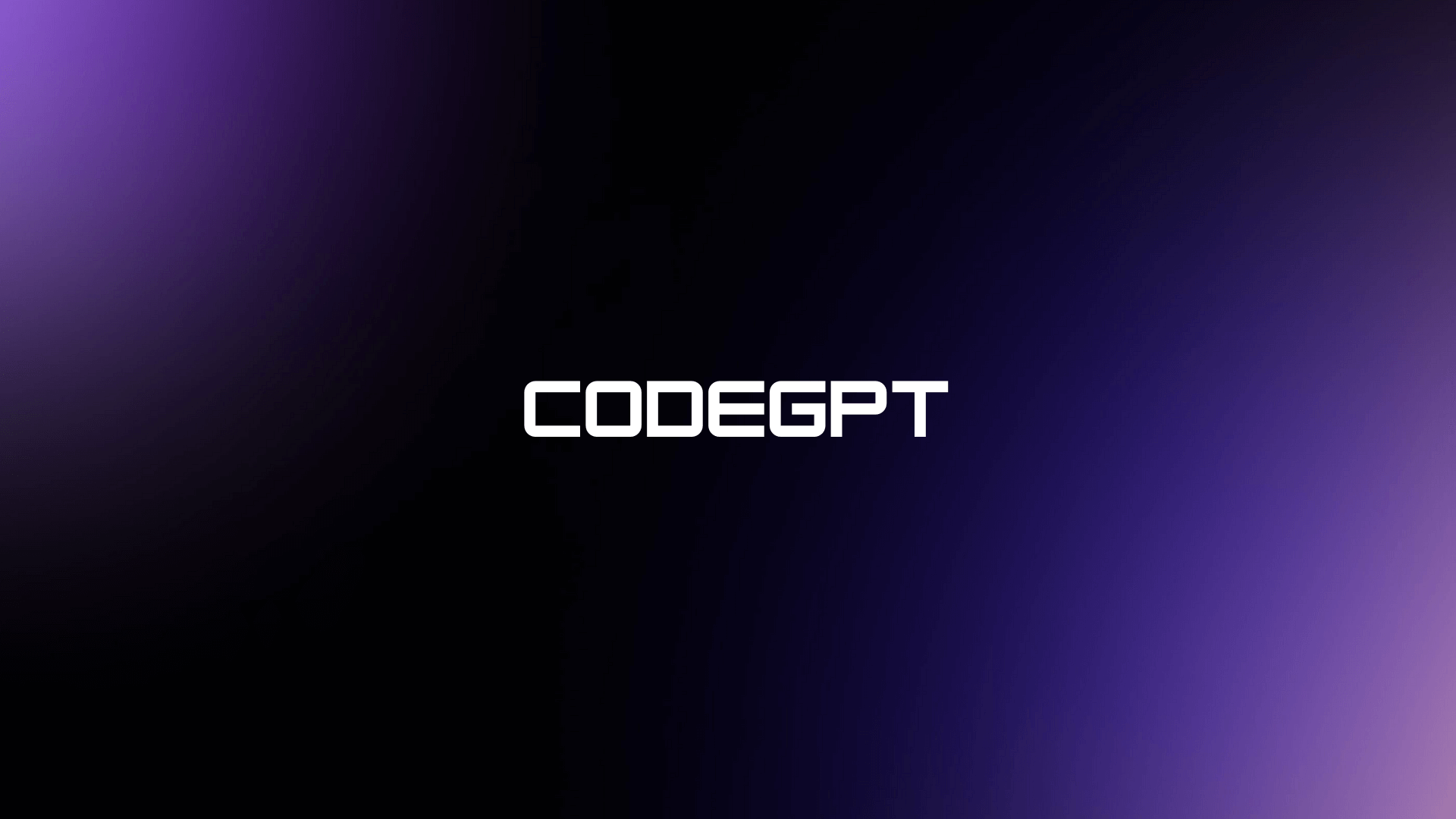Imagine if you could describe your coding needs in plain language and instantly receive production-ready code. Thanks to advancements in machine learning, this vision is no longer a dream—it’s a growing reality. From automating repetitive tasks to creating complex applications, AI-driven code generation is transforming how developers approach software development, empowering teams to focus on innovation and problem-solving.
Key Takeaways
-
Machine learning models, such as large language models (LLMs), are transforming coding workflows by enabling tools to learn from vast repositories of data.
-
AI-powered platforms like GitHub Copilot and CodeGPT are reducing development cycles and improving efficiency.
-
Deep learning techniques allow tools to generate context-aware and highly accurate code, saving developers time and effort.
-
While challenges like security and reliability remain, continuous improvements are pushing the boundaries of what AI can achieve.
-
The future of development will see AI and human creativity work together seamlessly, reshaping how code is written and managed.
The Rise of Machine Learning in Code Generation
Machine learning has introduced a revolutionary approach to software development. By leveraging large language models trained on billions of lines of code, tools like OpenAI’s Codex can understand programming patterns, syntax, and intent. This capability allows developers to convert natural language commands into functional code almost instantly.
For instance, a developer might type, “Write a function to calculate Fibonacci numbers in Python,” and receive a fully functional script within seconds. This breakthrough accelerates workflows and ensures code adheres to standardized best practices.
Leading Tools Driving Innovation
AI-powered tools are reshaping how developers approach projects:
-
CodeGPT: Designed to go beyond simple code suggestions, CodeGPT integrates seamlessly with existing workflows, offering developers insights and optimizations that enhance efficiency across entire projects.
-
GitHub Copilot: Acting as a virtual coding assistant, Copilot delivers context-aware code suggestions directly within IDEs, streamlining tasks and reducing manual effort.
These platforms highlight how machine learning is empowering developers to work faster and smarter.
Deep Learning Techniques Driving Precision
Deep learning models, particularly transformers, have revolutionized the accuracy and reliability of code generation. By analyzing relationships between tokens in datasets, transformers can generate context-aware, functional code snippets while minimizing errors.
Take, for example, a recent study by Stanford University, which demonstrated a 30% efficiency boost for developers using transformer-based tools. This improvement came not only from faster coding but also from reduced debugging and troubleshooting efforts.
Real-World Impact: AI Revolutionizing Development
AI as the Productivity Powerhouse
AI tools are enabling developers to achieve more in less time. According to SlashData’s 2023 Developer Economics Report, 70% of developers using AI tools reported shorter project timelines, and 50% cited substantial improvements in task automation. These gains translate into reduced operational costs and faster time-to-market for businesses.
Bridging the Skills Gap
AI-driven tools also level the playing field for novice developers. Complex coding tasks that once required years of experience can now be completed with simple prompts. For example, an entry-level programmer can create dynamic UI components or automate testing processes with minimal manual coding. This democratization of development fosters innovation and encourages broader participation in software creation.
The Future of Coding with AI
The integration of AI into coding workflows is only the beginning. Emerging trends are set to redefine how developers interact with technology:
-
Context-Aware Models: Tools will increasingly understand entire project structures, offering recommendations that align with an organization’s specific coding standards and practices.
-
Domain-Specific AI: Tailored solutions for industries such as healthcare, finance, and logistics will ensure compliance with regulatory requirements while delivering precise results.
-
Cost-Effective Solutions: As the cost of training AI models decreases, these tools will become more accessible to startups and smaller organizations, driving widespread adoption.
This collaboration between human creativity and AI precision is paving the way for smarter, faster, and more inclusive software development.
Building the Ultimate AI-Driven Development Stack
To fully harness the power of AI in development, organizations should consider assembling a comprehensive suite of tools that cater to every stage of the coding lifecycle. Here’s how to build an efficient, AI-driven development stack:
-
Coding Assistants: Platforms like GitHub Copilot and CodeGPT handle the heavy lifting during the initial coding phase by generating context-aware suggestions.
-
Debugging Enhancements: Tools like CodeGPT complement broader systems by identifying logical flaws and optimizing performance across large codebases.
-
Testing and Deployment: Automated testing solutions integrate seamlessly into pipelines, ensuring continuous delivery with minimal manual intervention.
-
Security Monitors: AI-powered security tools proactively identify vulnerabilities, safeguarding applications from potential exploits.
This integrated approach ensures that developers are equipped with the right resources to maximize productivity and maintain code quality.
Overcoming Challenges in AI-Driven Code Generation
While the benefits of AI in development are undeniable, challenges remain. Addressing these effectively is key to building trust in AI-powered systems:
-
Ensuring Accuracy and Reliability
-
AI-generated code can sometimes be logically flawed, requiring careful validation by developers. For example, ambiguous input prompts might lead to unintended outputs, making human oversight critical.
-
-
Mitigating Security Risks
-
According to a 2024 Synopsys report, 30% of AI-generated code snippets contained vulnerabilities. Implementing robust testing protocols can prevent these risks from reaching production environments.
-
-
Integration with Legacy Systems
-
Organizations using outdated architectures may face difficulties when introducing AI tools into existing workflows. Training models on custom datasets can help bridge this gap.
-
By combining human expertise with automated capabilities, these challenges can be mitigated, unlocking the full potential of AI in code generation.
Redefine the Future of Software Development
Machine learning and automated code generation are not just changing how software is written—they’re transforming the entire development landscape. By addressing challenges, staying informed about advancements, and adopting the right tools, developers and organizations can embrace this exciting new era. The future of development lies in the synergy between AI’s precision and human creativity, enabling teams to build smarter, faster, and more impactful solutions.



Leave a Comment